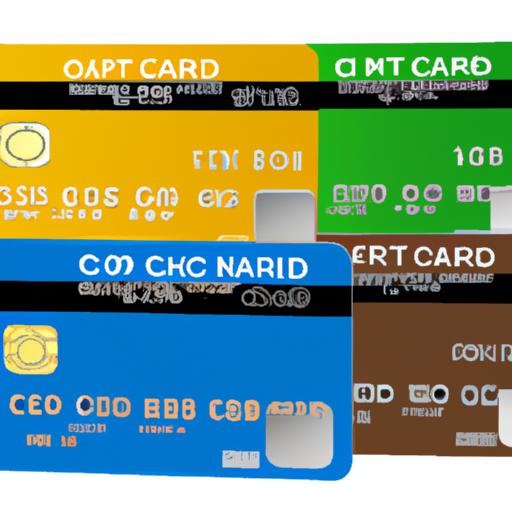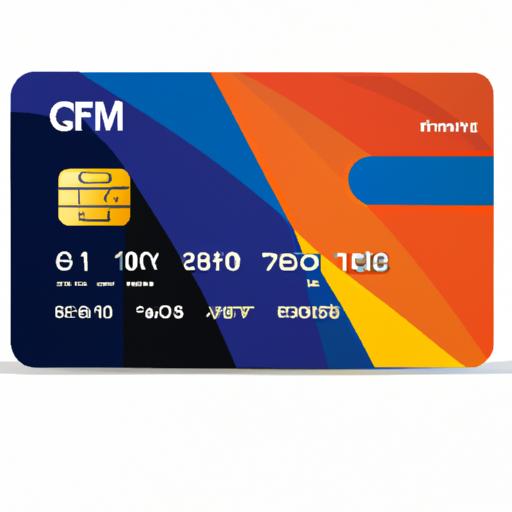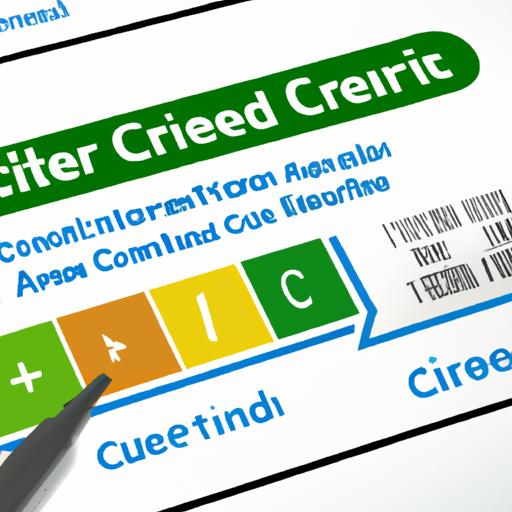Best Card for Building Credit: A Comprehensive Guide
Introduction
In today’s financial landscape, building credit is more crucial than ever. Your credit score is a significant factor in determining your financial health and opportunities. It can affect your ability to secure loans, rent an apartment, or even get a job. So, how can you start building credit effectively? One powerful tool in your arsenal is a credit card.
Credit cards offer a convenient and accessible way to establish and improve your credit history. By using credit cards responsibly, you can demonstrate your ability to manage debt and make timely payments. This positive credit behavior can boost your credit score over time, opening doors to better financial products and opportunities. Let’s delve into how credit cards can play a vital role in building your credit profile and why choosing the best card for this purpose is essential.
Factors to Consider When Choosing a Credit Card
Interest Rates
When selecting a credit card for building credit, one of the key factors to consider is the interest rate. A lower interest rate can save you money in the long run, especially if you plan to carry a balance. Look for cards with competitive APRs to minimize the cost of borrowing.
Annual Fees
Another crucial aspect to evaluate when choosing a credit card is the annual fees associated with the card. Some credit cards come with annual fees, while others do not. Consider your budget and spending habits to determine if the benefits of a card outweigh the annual fee it charges.
Rewards Programs
Many credit cards offer rewards programs that allow you to earn points, cash back, or travel miles on your purchases. When building credit, opt for a card with a rewards program that aligns with your spending habits. This way, you can maximize the benefits of using the card while building your credit history.
Credit Limit
The credit limit on a card determines how much you can borrow at any given time. When selecting a credit card for building credit, consider a card with a reasonable credit limit that matches your financial needs. A higher credit limit can provide flexibility in managing expenses and can also impact your credit utilization ratio, a key factor in your credit score.
Top Credit Cards for Building Credit
Card A: Features, Benefits, and Eligibility Requirements
When it comes to building credit, Card A stands out for its attractive features and benefits. This card offers a low-interest rate, making it ideal for carrying a balance while avoiding high fees. Additionally, Card A comes with a rewards program that allows you to earn cashback or points on your purchases. To be eligible for Card A, you typically need a good credit score and a stable income.
Card B: Features, Benefits, and Eligibility Requirements
Card B is another excellent option for individuals looking to build credit effectively. This card offers a competitive interest rate and may come with no annual fee, making it a cost-effective choice for credit-building. Moreover, Card B offers a sign-up bonus or rewards program that incentivizes responsible card usage. To qualify for Card B, you may need a fair credit score and a steady source of income.
Card C: Features, Benefits, and Eligibility Requirements
Card C rounds out our list of top credit cards for building credit. This card distinguishes itself with its high credit limit and generous rewards program. Card C may also offer perks such as travel insurance or purchase protection, adding value to cardholders. To be eligible for Card C, you typically need an excellent credit score and a history of responsible credit use.
Tips for Using a Credit Card to Build Credit
Paying Bills on Time
One of the most critical factors in building credit is making timely payments on your credit card bills. Payment history accounts for a significant portion of your credit score, so missing even one payment can have a detrimental impact. Set up automatic payments or reminders to ensure you never miss a due date. By consistently paying your bills on time, you demonstrate your reliability and creditworthiness to lenders.
Keeping Credit Utilization Low
Credit utilization refers to the percentage of your available credit that you are using at any given time. It is recommended to keep your credit utilization below 30% to maintain a healthy credit score. High credit utilization can signal financial distress to lenders, potentially lowering your credit score. To effectively build credit, aim to keep your credit card balances low relative to your credit limits. This responsible credit management can positively impact your credit profile over time.
Monitoring Credit Score Regularly
Regularly monitoring your credit score is essential for tracking your progress in building credit. By staying informed about your credit score, you can identify any discrepancies or issues that may be impacting your creditworthiness. Many credit card issuers offer free credit score monitoring services to their cardholders. Take advantage of these tools to keep a close eye on your credit score and make informed decisions to improve your credit health.
Common Mistakes to Avoid When Building Credit
Carrying a Balance
One common mistake many people make when building credit is carrying a balance on their credit cards. Carrying a balance means not paying off the full amount owed each month, resulting in accruing interest charges. This can not only lead to higher debt levels but also negatively impact your credit score. To avoid this mistake, aim to pay off your credit card balance in full each month to maintain a healthy credit utilization ratio.
Applying for Multiple Credit Cards at Once
Another pitfall to steer clear of is applying for multiple credit cards at once. Each time you apply for a new credit card, the lender conducts a hard inquiry on your credit report, which can temporarily lower your credit score. Additionally, having multiple new credit accounts can make you appear risky to lenders. Instead of applying for multiple cards simultaneously, carefully research and select one or two cards that best suit your needs and credit-building goals.
Closing Old Accounts
Closing old credit accounts can also be detrimental to your credit-building efforts. The length of your credit history plays a significant role in determining your credit score, and closing old accounts can shorten this history. Additionally, closing accounts can impact your credit utilization ratio, potentially lowering your credit score. Instead of closing old accounts, consider keeping them open and using them occasionally to maintain a positive credit history.






